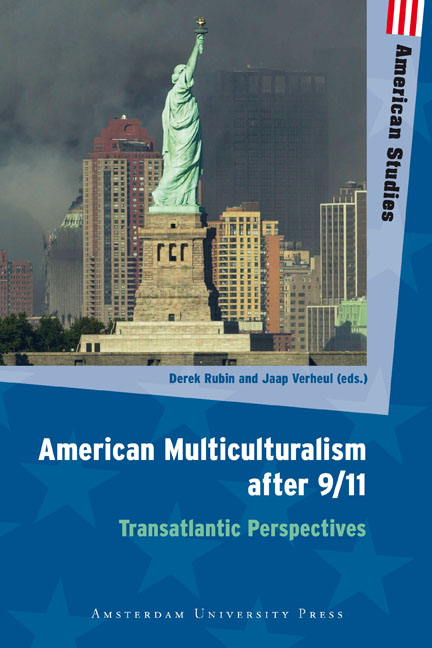“This Godless Democracy”: Terrorism, Multiculturalism, and American Self-Criticism in John Updike
Published online by Cambridge University Press: 21 January 2021
Summary
Even though I knew the view [from the top of the Empire State Building] was incredibly beautiful, my brain started misbehaving, and the whole time I was imagining a plane coming at the building, just below us. I didn't want to, but I couldn't stop. I imagined the last second, when I would see the pilot's face, who would be a terrorist. I imagined us looking each other in the eyes when the nose of the plane was one millimeter from the building.
I hate you, my eyes would tell him.
I hate you, his eyes would tell me.
– Jonathan Safran Foer, Extremely Loud and Incredibly CloseThe description of America as “this godless democracy” comes from John Updike's short story, “Varieties of Religious Experience,” first published in The Atlantic in November 2002. One of the first works of fiction by an established American writer to attempt a representation of the 9/11 terrorist attacks, the story takes the form of a series of brief episodes, each providing different perspectives on 9/11. It features, for example, a section focusing on an office worker trapped in one of the World Trade Center towers, one describing the crisis of faith experienced by another man who watches from a rooftop in Brooklyn as the towers collapse, and one depicting an elderly woman caught up in the hijacking and passenger mutiny on board United Airlines Flight 93.
Multicultural Encounters
Most interestingly, Updike devotes a long section of the story to an account of a meeting between Mohamed Atta, the Egyptian engineer believed to have been the ringleader of the 9/11 hijackers, and Nawaf al-Hazmi, one of the young Saudi men involved in the plot. This meeting takes place in a Florida strip club a week before the attacks. Typical of Updike's work, his account of the meeting makes extensive and highly instructive use of free indirect discourse in which the characters’ sentiments – in this case those of Mohamed Atta – are blended with those of a more conventional third-person narrator. The strip club is described as “a dim, unholy place” whose staff and patrons are redolent of “soured American opportunities” and which serves food that resembles “garbage not fit for a street dog.”
- Type
- Chapter
- Information
- American Multiculturalism after 9/11Transatlantic Perspectives, pp. 119 - 132Publisher: Amsterdam University PressPrint publication year: 2012

